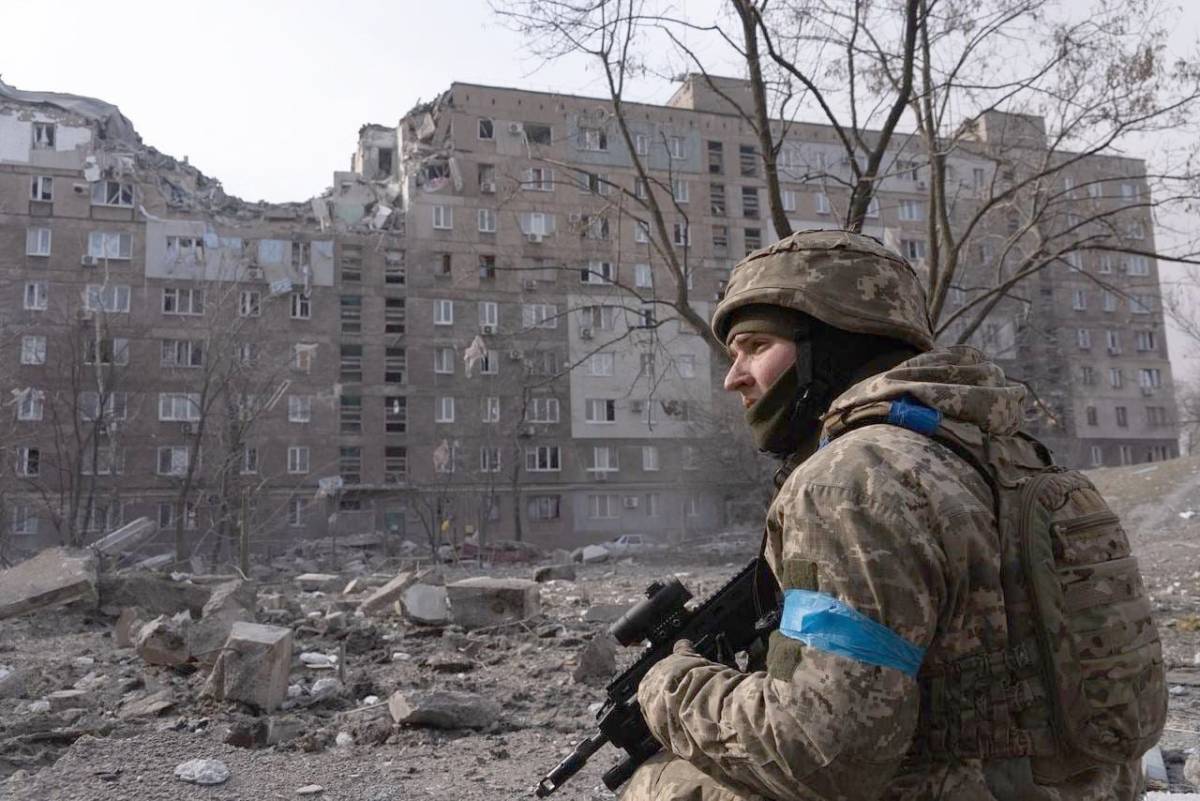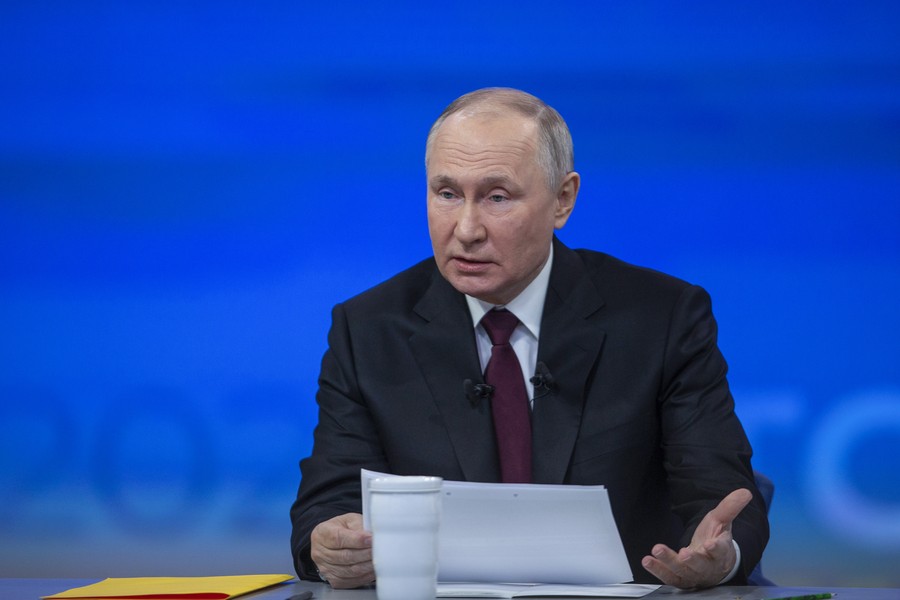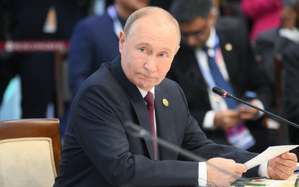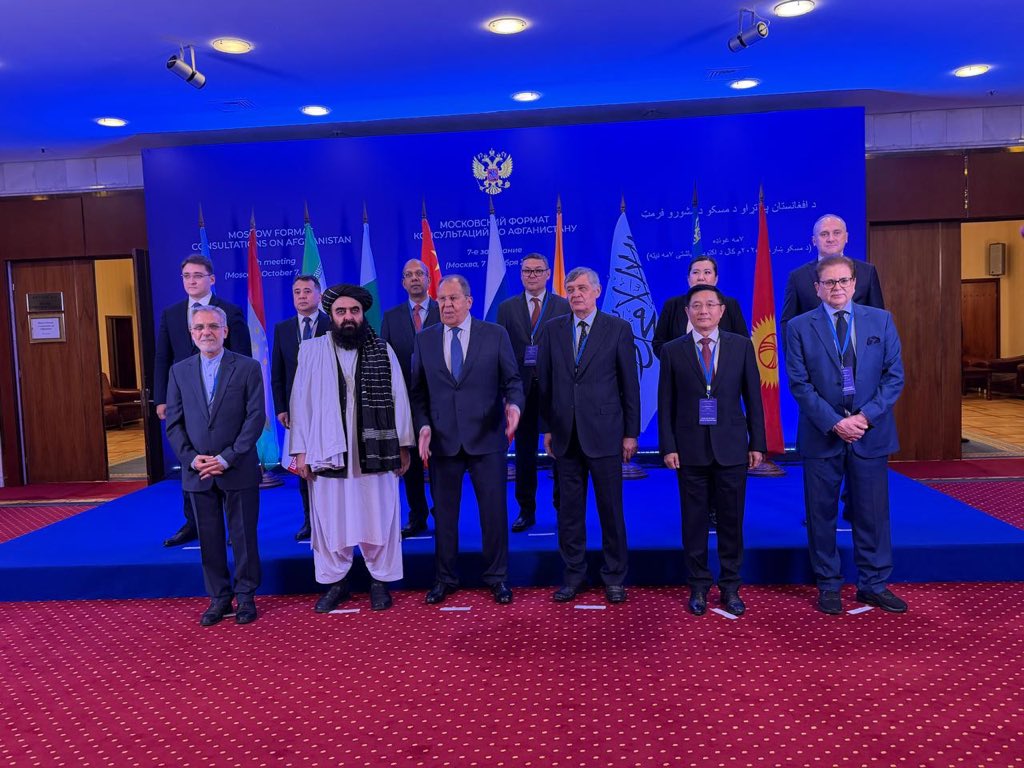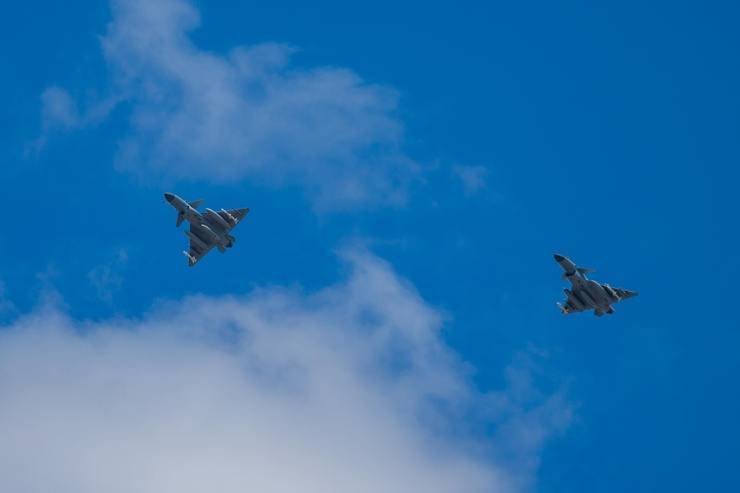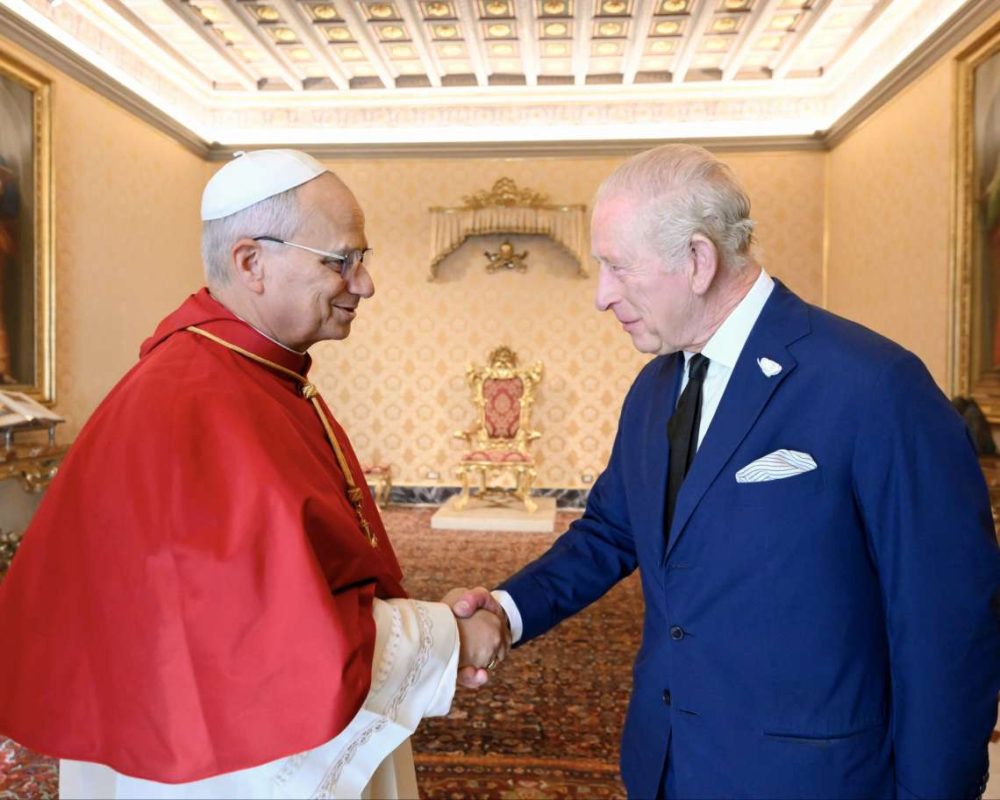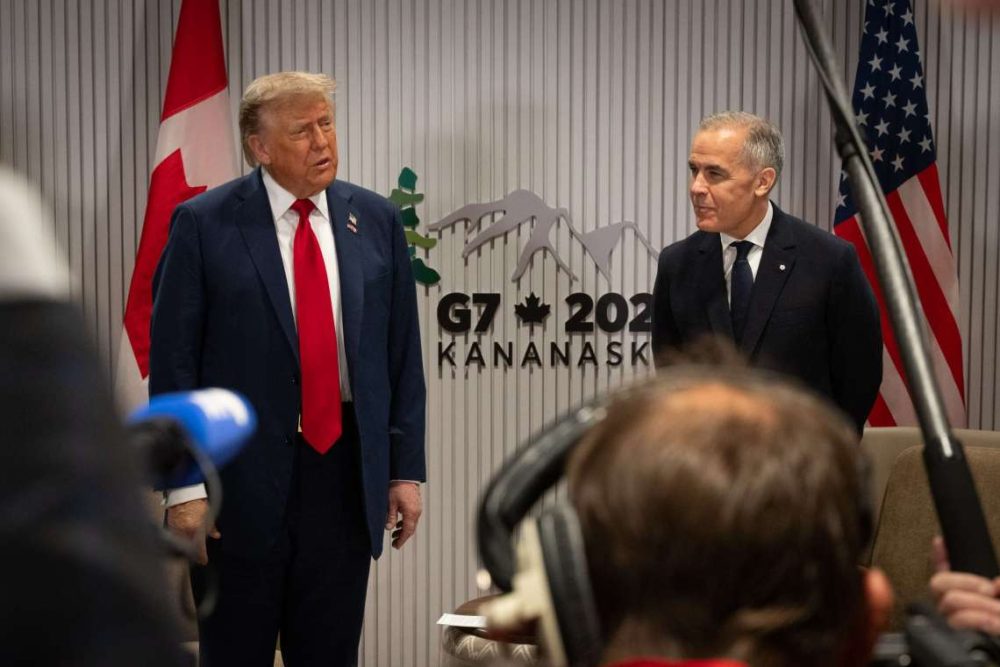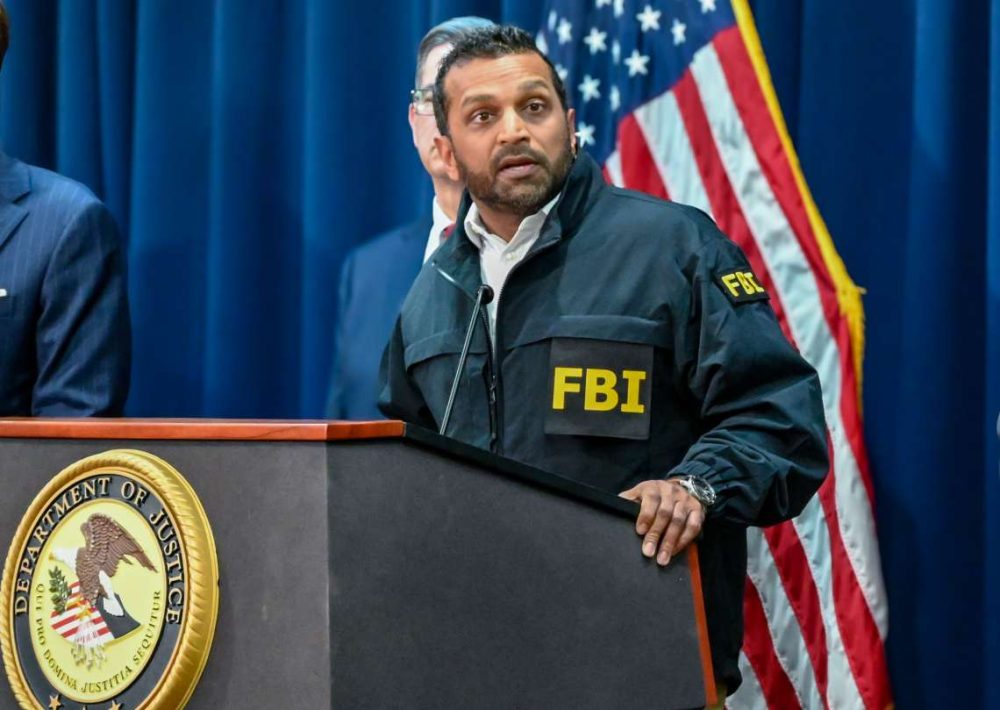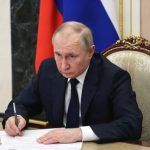As it stands, any embargo requires unanimity from the 27 EU member states. Since the Russia-Ukraine conflict erupted, the EU has imposed five rounds of sanctions on Russia targeting government officials, transportation and banks … reports Nathan Morley, Guo Mingfang…reports Asian Lite News
The European Union (EU) leaders have agreed to block more than two-thirds of Russian oil imports in a set of watered-down measures that will keep Moscow’s pipelines flowing. The partial ban, announced at an extraordinary summit in Brussels on Monday, replaces an original proposal to sanction all Russian oil imports. However, resistance from Hungary’s Prime Minister Victor Orban – whose country relies largely on Russian-provided energy resources – forced the compromise.
Now, immediate sanctions – to be legally endorsed on Wednesday – will only impact Russian oil being carried into the EU by tanker, which amounts to two-thirds of the total imports from Russia.
“There is obviously a frustration with what Orban is doing because it shows a sense of disunity inside the European Union,” Alexander Stubb, Finland’s former prime minister and foreign minister, told Xinhua.
As it stands, any embargo requires unanimity from the 27 EU member states. Since the Russia-Ukraine conflict erupted, the EU has imposed five rounds of sanctions on Russia targeting government officials, transportation and banks.
Now, the real question, according to some European analysts, is how much economic pain Europeans are willing to take in their support of Ukraine and in their desire to see Russia punished.
“There are differences. And those differences are, if you like, natural,” Paul Taylor, senior fellow at Friends of Europe, a not-for-profit think-tank for European Union policy, told Xinhua.
Taylor questioned what would happen when oil is imported more cheaply by pipeline to a number of central European countries, while the other countries have to import oil from the open market at higher prices.
“Does that create inequalities within the EU market?” he asked.
The oil import compromise followed weeks of squabbling which highlighted a series of issues straining European unity.
As the cost-of-living crisis worsens – sending energy and food prices soaring – some European countries, such as Cyprus, are feeling the economic cost of the conflict.
Earlier this month, a parliamentary committee in Nicosia called on the government to seek exemptions from some of its sanctions against Moscow, citing their damaging impact on the economy.
Furthermore, strains are already showing in the tourism sector which previously attracted thousands of guests from Russia. At the same time, realtors are angry at banning property sales to Russian buyers.
“Countries are having to make painful adjustments,” said Taylor. “Germany thought it could go on eternally using cheap Russian energy to make manufactured products that were sold competitively. Germany is going to adapt and adjust.”
To make matters worse, the eurozone’s economic growth slowed in the first quarter, as inflation hit a record high in April, with energy prices up 38 percent on an annual basis.
Beyond sanctions, clear differences are emerging on other issues too. Ukraine’s President Volodymyr Zelenskyy insists on an urgent start of the procedure towards full EU membership for his country, a call which has received a mixed response from Europe.
Berlin and Paris are especially cautious, with the latter expressing concern that Ukraine needs time to rebuild the economy, stamp-out corruption, and implement far-reaching legal reforms.
And although there is little enthusiasm for further European enlargement in France, the Netherlands and Austria, Taylor argued there could eventually be support for giving Ukraine “candidate status,” essentially a symbolic gesture.
“That doesn’t mean you join the EU. It doesn’t mean you are anywhere close to joining the EU. It is basically a way of the rest of the EU recognizing that if you meet the conditions, you will one day be a member.”
Meanwhile, as the Russian-Ukraine conflict continues to rage, the issue of EU leaders talking with Russian President Vladimir Putin yields new dilemmas. French President Emmanuel Macron’s call on European countries to maintain dialogue with the Russian president has faced some criticism.
“I always think it is better to talk than not to talk, at the same time it is very difficult to know what we can actually talk about,” said Stubb.
And then there is the question of arms deliveries to Ukraine, as countries like Estonia ship vast quantities of armaments, whilst others take a more reserved approach. “How far do you go up the sale of lethality,” asked Taylor. “The argument against that is you don’t want to start World War Three.”
And amid all this, the question of how the Ukraine conflict will end continues to cause heated debate. Whilst some EU states seek a ceasefire, others support a Ukrainian fightback and Kiev’s military effort.
Stubb said he has problems finding the landing zone on this issue. “That’s why I’m predicting a prolonged and protracted conflict.”


